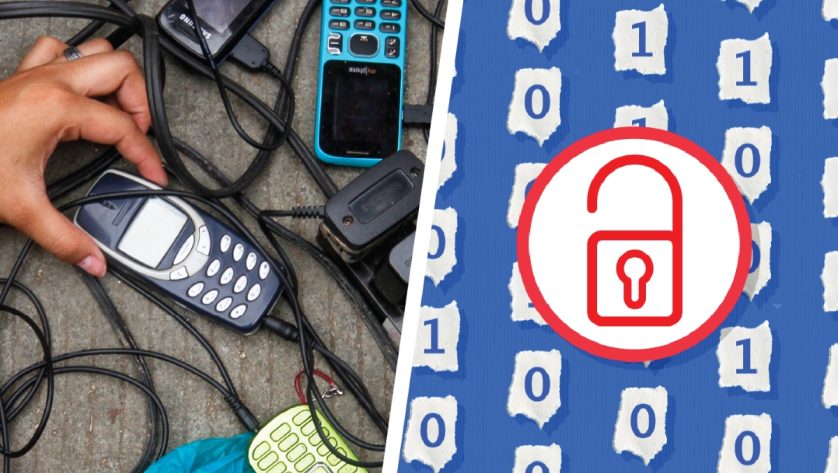The power of storytelling
Building on the experience producing stories remotely with mobile technology, in 2021 the magazine launched a new project to further equip National Society volunteers and staff to get stories directly from the people and communities where they live and work.
Known as the Storytelling Lab, the project engaged professional multi-media producers as coaches to guide National Society staff and volunteers as they used smart phones and a few other portable tools to make compelling digital stories for social media. In the last two years, the magazine has done storytelling labs in Yemen, Uganda, Honduras, Guatemala, Bangladesh, Kyrgystan and Nigeria.
In this episode, we speak with Hossain Mohammad Prodip, a volunteer with the Bangladesh Red Crescent, who produced two stories as part of the Storytelling Lab in 2022. One of the stories was about a man who helped his small nomadic community tackle Covid-19 with help from the Bangladesh Red Crescent. The other story including a series of charming photographs about a man who used cash grants from the National Society to jumpt start a small businesses growing betel leaves and other popular vegetables and herbs.
“Storytelling is a fundamental aspect of a human communication,” says Prodip. “It’s a platform that allows the audience to connect with each other’s shared experience and inspire us to be a hero of our own community. The stories help the volunteer teams to understand them through their voices, and to support them based on their needs.”
What kind of stories does Prodip want to tackle next? “Bangladesh is now at high risk for climate change,” he says. “Now I’m working as a climate team member … and I have found that the crops are not growing well due to the impact of climate change. I did some interviews with community people, from the local administration, and with a community leader. And our volunteers are now providing information that how can we reduce the impacts of climate change.”
“I would like to thank Bangladesh Red Crescent Society, the communication department and the youth and volunteer department also, who gave me the opportunity to be a part of this storytelling Lab project. And my teammates who supported me, even our trainers who always helps us still out there supporting us while whenever we get problems, and especially you for supporting us.”
 Red Cross Red Crescent magazine
Red Cross Red Crescent magazine 






